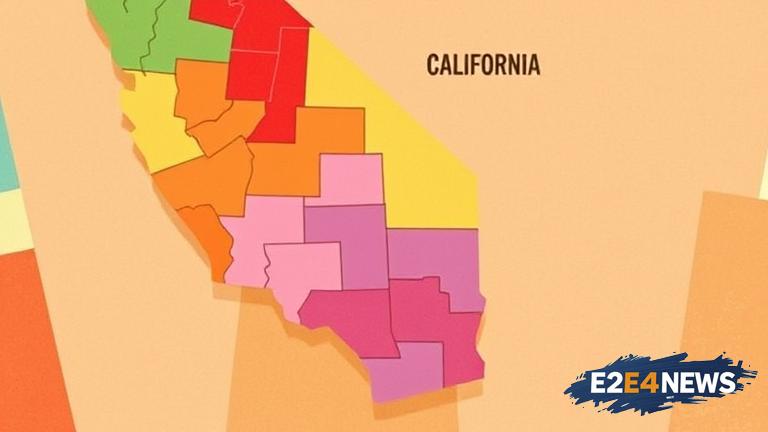California Governor Gavin Newsom recently stated that the state’s redistricting plans would be heavily influenced by the outcome of a lawsuit in Texas. The lawsuit, which challenges the constitutionality of the Voting Rights Act, has significant implications for electoral maps across the United States. Newsom’s announcement highlights the complex and interconnected nature of redistricting efforts nationwide. The Texas lawsuit, which is currently pending in the US Supreme Court, could have far-reaching consequences for the way electoral districts are drawn. If the court rules in favor of the plaintiffs, it could effectively gut the Voting Rights Act, leading to a significant shift in the balance of power in Congress. California, with its large and diverse population, would be particularly affected by such a ruling. The state’s redistricting commission has been working to create new electoral maps, but Newsom’s statement suggests that these efforts may be put on hold until the outcome of the Texas lawsuit is known. This decision has significant implications for the state’s political landscape, as redistricting can have a major impact on the representation of different communities and interest groups. The redistricting process is already a complex and contentious issue, with different factions vying for influence and control. The addition of the Texas lawsuit as a factor adds an extra layer of uncertainty to the process. Newsom’s announcement has been met with a mix of reactions from different stakeholders, with some praising his caution and others criticizing his decision to wait. The Democratic Party, which currently holds a significant majority in California, may be particularly affected by the outcome of the Texas lawsuit. If the Voting Rights Act is weakened or overturned, it could lead to a reduction in the number of Democratic-held seats in Congress. On the other hand, Republican lawmakers may see an opportunity to gain ground in California and other states if the court rules in their favor. The redistricting process is also closely tied to issues of voting rights and access, with many advocates arguing that the current system is unfair and disenfranchises certain groups. The Texas lawsuit has been widely criticized by civil rights groups, who argue that it is an attempt to undermine the Voting Rights Act and restrict access to the ballot. As the situation continues to unfold, it is clear that the outcome of the Texas lawsuit will have significant implications for California and the nation as a whole. The state’s redistricting plans will be closely watched, as they have the potential to shape the course of American politics for years to come. With the Supreme Court set to hear the case in the coming months, all eyes will be on the justices as they weigh the competing arguments and consider the potential consequences of their decision. The fate of the Voting Rights Act, and the future of American democracy, hang in the balance. In the meantime, California residents and lawmakers will be forced to wait and see how the situation develops, as the state’s redistricting plans remain in limbo. The uncertainty surrounding the Texas lawsuit has created a sense of unease and anticipation, as stakeholders wait to see how the court’s decision will impact the state’s electoral map. As the deadline for redistricting approaches, the pressure is mounting on lawmakers and the redistricting commission to create a fair and representative map. The outcome of the Texas lawsuit will be a major factor in determining the success of these efforts, and the future of California’s political landscape. With so much at stake, it is clear that the coming months will be crucial in shaping the course of American politics. The redistricting process, already a complex and contentious issue, has been thrown into further uncertainty by the Texas lawsuit. As the situation continues to unfold, one thing is clear: the outcome of the Texas lawsuit will have far-reaching consequences for California and the nation.





